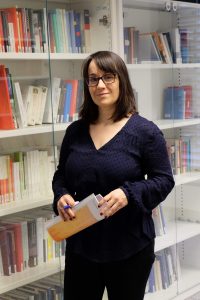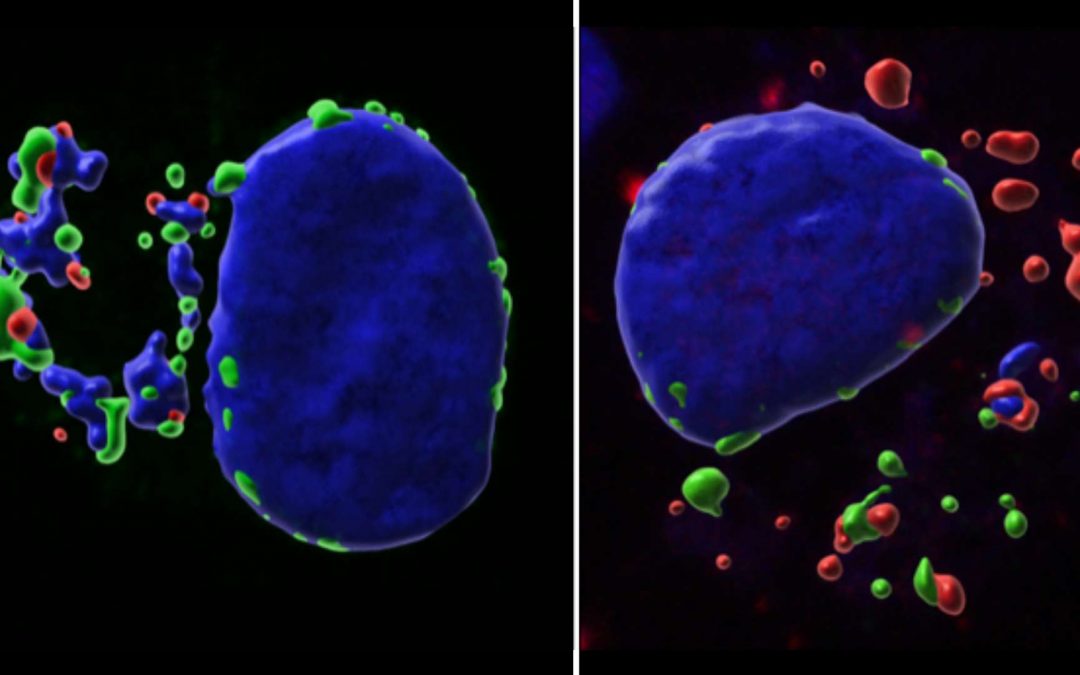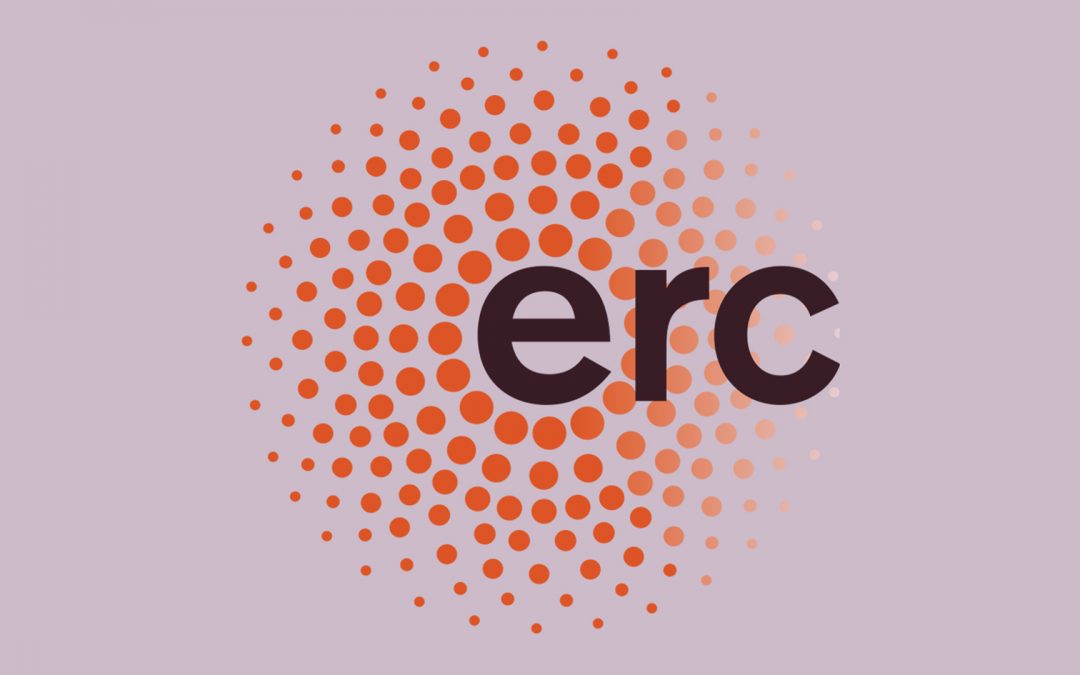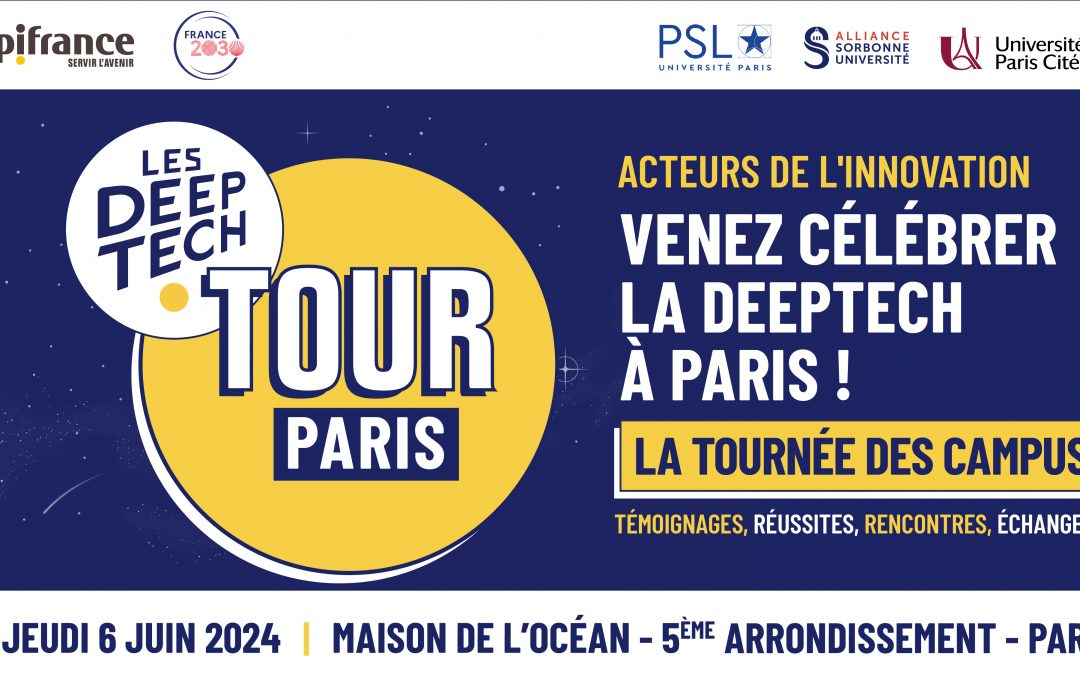This section is reserved for presentations of WEMov’s early career investigators (ECIs). For this first newsletter, we chose to feature our two colleagues in charge of drafting the newsletter.
 Teresa Bernardi holds a PhD in Early Modern History. She first studied at Ca’ Foscari University of Venice as a graduate student and then she attended the Scuola Normale Superiore of Pisa as a PhD candidate. During her PhD (2015-2020) she also spent time abroad as a visiting student at the École Normale Supérieure in Paris and at the University of Cambridge, where she participated in the study and research activities of CAMPOP (The Cambridge Group for the History of Population and Social Structure). Her research interests span various fields of social, cultural and legal history. Her current research concerns practices of registration and identification of foreigners in Early Modern Venice, with a particular focus on women’s mobility and gender relations. She is now a member of an international programme funded by the French National Research Agency (ANR) and supervised by Prof. Jean-François Chauvard (Université Paris 1 Panthéon-Sorbonne). The research group’s overall objective is to explore the relation between marriage and human mobility both from a qualitative and a quantitative perspective. Teresa Bernardi has recently been awarded the “Achille and Laura Gorlato Prize” for her PhD thesis by a prestigious Venetian Cultural Institution (Ateneo Veneto).
Teresa Bernardi holds a PhD in Early Modern History. She first studied at Ca’ Foscari University of Venice as a graduate student and then she attended the Scuola Normale Superiore of Pisa as a PhD candidate. During her PhD (2015-2020) she also spent time abroad as a visiting student at the École Normale Supérieure in Paris and at the University of Cambridge, where she participated in the study and research activities of CAMPOP (The Cambridge Group for the History of Population and Social Structure). Her research interests span various fields of social, cultural and legal history. Her current research concerns practices of registration and identification of foreigners in Early Modern Venice, with a particular focus on women’s mobility and gender relations. She is now a member of an international programme funded by the French National Research Agency (ANR) and supervised by Prof. Jean-François Chauvard (Université Paris 1 Panthéon-Sorbonne). The research group’s overall objective is to explore the relation between marriage and human mobility both from a qualitative and a quantitative perspective. Teresa Bernardi has recently been awarded the “Achille and Laura Gorlato Prize” for her PhD thesis by a prestigious Venetian Cultural Institution (Ateneo Veneto).
She has published her work in such journals as Genesis and Gender & History. She also wrote a book chapter in Beatrice Zucca Micheletto (ed), Gender and Migration in Historical Perspective: Institutions, Economic Resources and Social Networds (16th-century to 20th century), forthcoming.
Teresa Bernardi
Postdoctoral Researcher, University of Padua (Mobility and Humanities Centre)/ANR project “Marriage and Mobility in Venice (late 16th–18th centuries) – Processetti”. Contact: teresa.bernardi[at]unipd.it
 Heidi Rodrigues Martins holds a Ph.D. in Social Sciences from the University of Luxembourg (2019) which was dedicated to understanding the (re)construction of the feelings of (un)belonging across the life course among Portuguese “second-generation” in Luxembourg. Before that, she completed two Master’s degrees: one in Communications, art and culture at the University of Minho, Portugal (2011-2013) and another one in Sociology and anthropology at the Catholic University of Louvain, Belgium (2013-2014). She also spent a year as an Erasmus student at the University of Luxembourg (2012-2013). At that time, she worked on urban spatialities, temporalities and (im)mobilities. Today, she works as a researcher at the Centre de Documentation sur les Migrations Humaines (CDMH), Dudelange, Luxembourg, in which she is responsible for the project “Moving Lusitalia” – a project within the European Capital of Culture 2022/ Esch2022, dedicated to grasp and (re)construct the history of the “Quartier Italie” in Dudelange, namely through a rhythmanalysis; and to design an exhibition retracing that same multivocal and polyphonic history.
Heidi Rodrigues Martins holds a Ph.D. in Social Sciences from the University of Luxembourg (2019) which was dedicated to understanding the (re)construction of the feelings of (un)belonging across the life course among Portuguese “second-generation” in Luxembourg. Before that, she completed two Master’s degrees: one in Communications, art and culture at the University of Minho, Portugal (2011-2013) and another one in Sociology and anthropology at the Catholic University of Louvain, Belgium (2013-2014). She also spent a year as an Erasmus student at the University of Luxembourg (2012-2013). At that time, she worked on urban spatialities, temporalities and (im)mobilities. Today, she works as a researcher at the Centre de Documentation sur les Migrations Humaines (CDMH), Dudelange, Luxembourg, in which she is responsible for the project “Moving Lusitalia” – a project within the European Capital of Culture 2022/ Esch2022, dedicated to grasp and (re)construct the history of the “Quartier Italie” in Dudelange, namely through a rhythmanalysis; and to design an exhibition retracing that same multivocal and polyphonic history.
Her main research interests revolve around (im)mobilities, migration, (un)belongings, identities, urban spatialities and temporalities. Her methodological approach is qualitative, ethnographic and comprehensive and her theoretical framework relies on intersectionality, (trans)nationalism and life course and relational approaches.
She has published in several journals such as Global Networks, In Cidades, Comunidades e Territórios and Vieira, F. Costa et P. Remoaldo (eds.), Cidades, Criatividade(s) e Sustentabilidade(s), among others.
Heidi Rodrigues Martins
Sociologist/researcher, Ph.D., Centre de Documentation sur les Migrations Humaines (CDMH), Dudelange, Luxembourg. Contact : heidi.martins[at]cdmh.lu
À lire aussi

La consommation de certains additifs alimentaires émulsifiants serait associée à un risque accru de diabète de type 2
Les émulsifiants sont parmi les additifs les plus fréquemment utilisés par l’industrie agroalimentaire. Leur usage vise à améliorer la texture des produits tout en prolongeant leur durée de conservation. Des chercheurs et des chercheuses de...

Theileria annulata et Cancer : une stratégie du parasite dévoilée !
L’équipe de recherche du Pr Jonathan Weitzman a mis en lumière le mécanisme par lequel le parasite Theileria annulata, responsable de maladies semblables aux cancers chez les bovins, échappe au mécanisme de défense de la cellule hôte.

Université Paris Cité félicite le professeur Anton Zorich pour l’obtention de son ERC Advanced Grant
ERC Advanced Grant 2023 : le professeur Anton Zorich, mathématicien à l’université Paris Cité compte parmi les 37 lauréates et lauréats français.

Le Deeptech Tour 2024 arrive à Paris !
Créer des ponts entre le monde de l’entrepreneuriat et celui de la recherche, c’est le rôle du Deeptech Tour. Organisée par Bpifrance, cette tournée des campus français vise à réunir l’écosystème universitaire, les acteurs économiques locaux et les structures...
